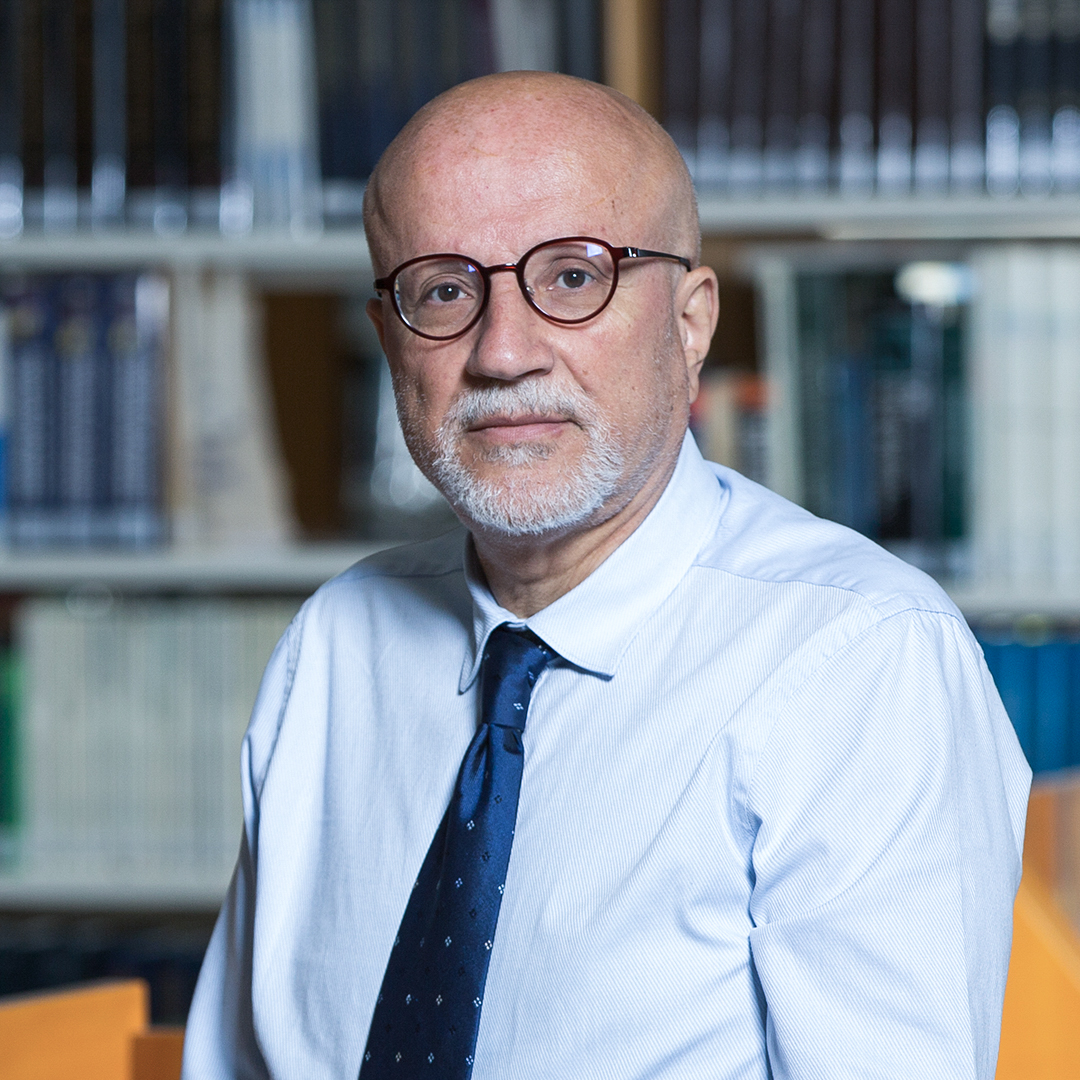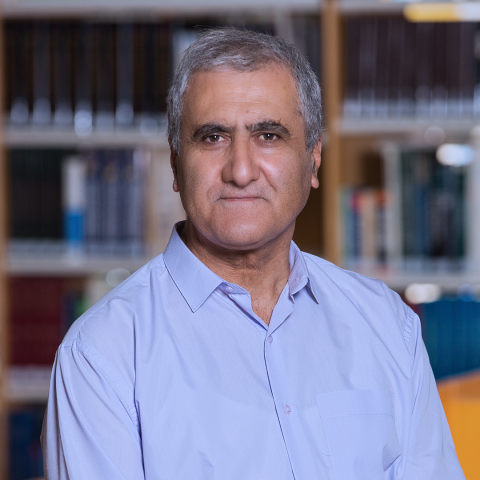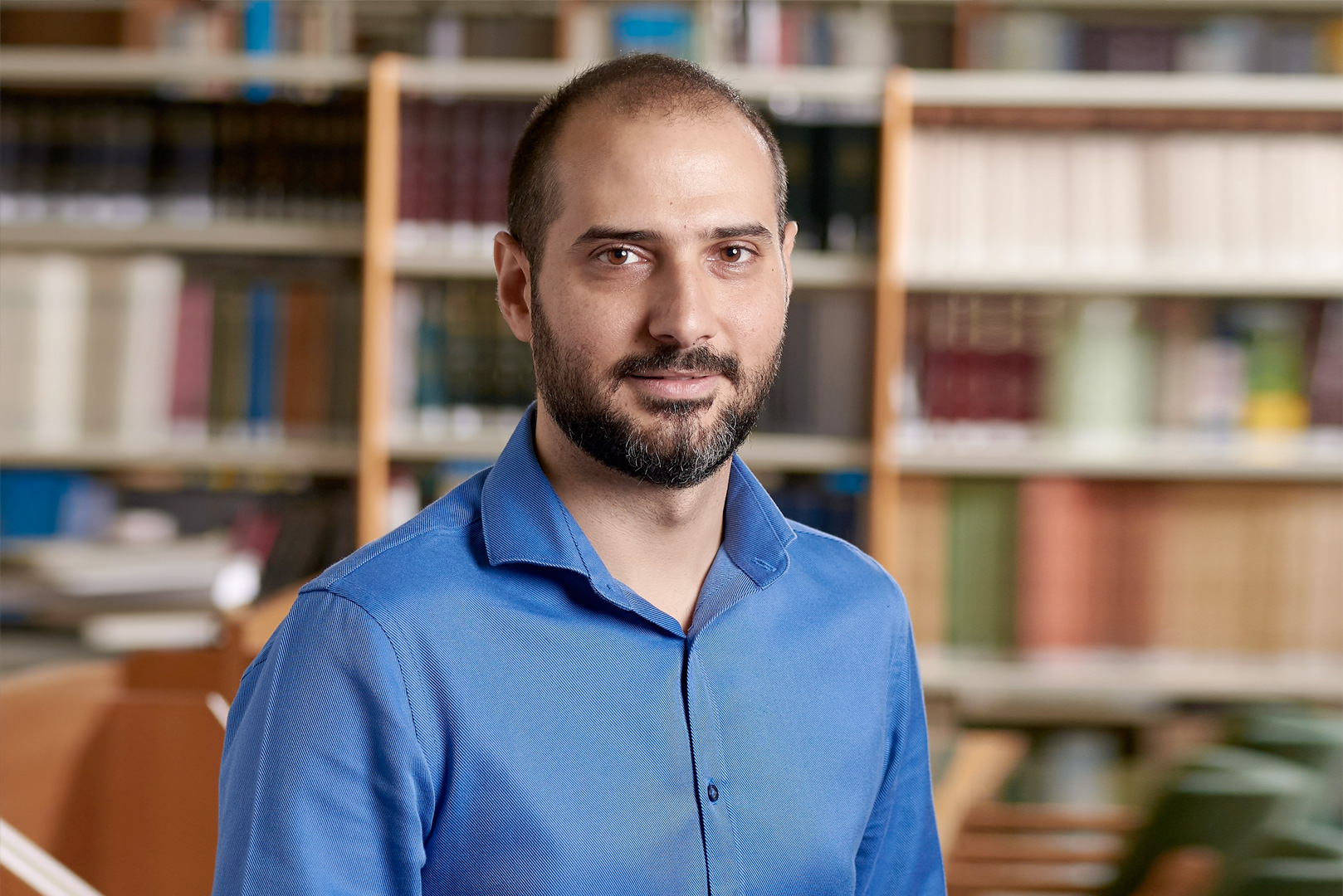Department
The Department of Agricultural Economy & Development (AOA) of the Agricultural University of Athens (GAA) was founded in 1989 as the Department of Agricultural Economy and was later renamed the Department of Agricultural Economy and Development (Government Gazette 304/31-12-99 tΑ’). With Presidential Decree 80/27/05/2013, and the abolition of the General Department, the Informatics Laboratory was joined as a separate Laboratory to the six existing Laboratories of the Department. The Department now belongs to the School of Applied Economics and Social Sciences established by Law 4589/2019.
The Mission of the Department is the promotion of knowledge and the training of scientists specialized in research and solving problems related to the economic, operational, technological, social, political and environmental dimensions of rural development. The culture of the Department includes the active participation of students in academic and research activities, so that they acquire a solid scientific basis and substantial research as well as practical experience in the aforementioned individual areas of Agricultural Economy and Development. On an annual basis, the Department welcomes approximately 70 undergraduate and 50 postgraduate students, who follow modern study programs.
Combining the experience of its members and taking into account international trends, the Department’s Undergraduate Studies Program certified (November 2022) by the Hellenic Authority for Higher Education (HAHE) has been prepared, evaluated and updated in such a way as to ensure the consolidation of background knowledge on the one hand on the functioning of the economy (with an emphasis on the rural economy) and on the other hand, deepening in areas of particular interest such as business administration, IT and data analysis, agricultural consultancy and rural education and training, regional economic development, environmental economics , the agricultural and environmental policy, etc. in relation to modern scientific developments, trends and needs of the labor market.
Upon completion of their studies from the Department of Agricultural Economy & Development, graduates have knowledge and understanding of issues in related fields of knowledge which is supported by valid scientific textbooks and includes opinions as derived from modern developments in the field. Graduates are able to use the knowledge and understanding they have acquired in a way that shows a professional approach to their work and possess problem-solving skills within the knowledge fields of Agricultural Economy and Development. Also, they have the ability to gather and interpret data to form judgments that include reflection on relevant social, scientific or ethical issues but also to participate in the formulation of proposals and solutions to both businesses and local communities. Finally, graduates are able to communicate information, ideas and problems to both specialist and non-specialist audiences and have developed the knowledge acquisition skills they need to continue in further studies with a high degree of autonomy
The research potential of the department has important published work in recognized scientific journals and international conferences and has developed important collaborations with related departments and research institutes at home and abroad. The department is ranked by research distances in the 25% of the best departments in the international knowledge field (55th place worldwide in November 2022 – Economics rankings: Agricultural Economics Departments | IDEAS/RePEc) while it holds a high position in the ranking of economic departments in Greece position in November of 2022 – Economic rankings: Economics Departments | IDEAS/RePEc).
The educational and research activities of the Department aim to contribute to the development of the rural area and the agro-food sector in general in Greece. In the context of the Department’s research, issues related to the economics of products and the environment, macroeconomic indicators, the productivity of the agricultural sector as a whole but also in specific sectors, digital transformation and digital technologies are studied, among others. consumer behavior, administration, agricultural policy, rural development, etc. The research programs are financed by private and public bodies (e.g. General Secretariat for Research and Innovation) and the European Union.
As far as the productive sector is concerned, the lecturers of the Department, with their scientific knowledge and experience, often serve as consultants or researchers in development programs of public and private sector entities, to deal with and solve problems of the wider agro-food sector. Also important is the participation and contribution of the Faculty members of the Department as speakers or coordinators in educational and training programs implemented by public and private sector bodies, in the context of the continuous training of farmers, public and private companies in the primary sector, as well as young scientists.
As part of the educational process, educational excursions are regularly organized that bring students into contact with the problems of primary production. These problems are stimuli for the formation of the educational and research programs of the Department of Agricultural Economy & Development. In many cases these contacts become an occasion for examining specific problems, in direct contact and synergy with the Heads of Agricultural Cooperatives, Producer Groups and Food Industries.
Administration
The Department of Agricultural Economics and Rural Development belongs to the School of Applied Economics and Social Sciences of the Agricultural University of Athens.
The highest governing body of the Department is the Assembly, which is attended by the members of the Teaching and Research Staff of the Department, as well as representatives of the members of the academic community of the Department, including students.
President: Professor Rezitis Antony
Phone: +30 210 529 4735
Email: arezitis@aua.gr
Associate President: Associate Professor Karanikolas Pavlos
Phone: +30 210 529 4785
Email: pkaranik@aua.gr
Head of Department Secretariat: Adriani Psathopoulou – Administrative Staff
Phone: +30 210 529 4742
Email: saoa@aua.gr
Student Affairs Officer: Sotirios Ntalagiorgos – Administrative Staff
Phone: +30 210 529 4710
Email: skn@aua.gr
Bookmaker: Evrydiki Spyropoulou – Special Technical Laboratory Staff
Phone: +30 210 529 4956
Email: evrydiki@aua.gr
Quality Assurance
The primary mission of the Department of Agricultural Economics and Rural Development (AOA) of the Agricultural University of Athens is to train scientists specialized in research and in tackling issues regarding the economic, social, political and environmental dimensions of sustainable rural development both within the framework of European Integration and the adjustment requirements of the Greek agri‐food system to the global market of agricultural products and services.
The Quality Assurance Policy of the Department of AE&RD is shaped based both on its mission and the professional rights that have been granted to its graduates.
Moreover, the Department’s Quality Assurance Policy aligns completely with the Quality Assurance Policy of the Agricultural University of Athens in the framework of the continuous assurance of high quality educational, scientific, research and administrative work, all identified by the international academic standards and especially those of the European Higher Education Area and in compliance with the Principles and guidelines of the Hellenic Authority for Higher Education (HAHE).
Quality Assurance Procedures of the AE&RD Department are subject to the coordination of the Department’s OMEA Committee (Internal Evaluation Team) in collaboration with the Quality Assurance Unit (MODIP) of the Agricultural University of Athens. All studies and evaluations are being discussed amongst the members of the General Assembly of the Department, who make specific decisions regarding actions that should be taken for the continuous monitoring and improvement of the produced work.
The Internal Evaluation Team of our Department consists of:
- Zografakis Stavros – Professor
- Koutsouris Alexandros – Professor
- Costopoulou Constantina – Professor
- Georgakopoulos George – Associate Professor
- Drichoutis Andreas – Associate Professor – Internal Evaluation Team Coordinator
- Karanikolas Pavlos – Associate Professor
- Chatzimichael Konstantinos – Assistant Professor
Agricultural Museum
The Agricultural Museum was founded on 29-3-2005 for the main purpose of serving the educational and research needs of the Department of Rural Economy and Development and other departments of the Agricultural University of Athens.
Emphasis on developments of agronomic research and science in the areas of technology, economic structure and structural, social and cultural characteristics.
Organizing exhibitions, lectures, publications, conferences, educational and research programs and related events
The promotion of scientific research in the above fields, and the coverage needs of teaching and research at undergraduate and postgraduate of our Department and other departments and research and educational institutions.
Cooperation with other university departments, museums, foundations, research and education bodies and agencies of domestic or foreign, which have the same or similar purposes.
Director: Professor Stavros Zografakis
Contact person: Evrydiki Spyropoulou – Special Technical Laboratory Staff – Tel: 210 529 4956, e-mail: evrydiki@aua.gr
Documentation Center for the History of Greek Agriculture
Director: Dimitrios Panagiotopoulos – Laboratory and Teaching Staff,, Tel.: +30 210 529 4994, e-mail: dimpan@aua.gr
Faculty


Publications
Research Programs
1st program research
Rural Economic Development
The Laboratory of Rural Economic Development has as its main purpose:
- to cover the educational and didactic needs of the Department of Agricultural Economics and Rural Development, in the field of Rural Development Economics, at undergraduate and postgraduate level and in particular in the subjects of Theory and Policy of Rural Development, Integrated Rural Development, Development and Evaluation of Development Programs, Local-Regional Development, Economics of Natural Resources and the Environment, so that its graduates respond effectively to the modern development needs of the rural area.
- to conduct research in order to contribute to the creation of new knowledge and a modern theoretical framework and reflection, regarding the expanding needs of the ever-changing agricultural sector and the countryside in general
- to provide technical support to institutions that implement rural development policies and programs such as Management Principles, Local Government, Development Companies, Regional Services.
- to enhance the cooperation with research institutes or policy makers in matters that fall within the fields of activity of the Laboratory.
Faculty




Publications
Contrary to popular belief, Lorem Ipsum is not simply random text. It has roots in a piece of classical Latin literature from 45 BC, making it over 2000 years old. Richard McClintock, a Latin professor at Hampden-Sydney College in Virginia, looked up one of the more obscure Latin words, consectetur, from a Lorem Ipsum passage, and going through the cites of the word in classical literature, discovered the undoubtable source. Lorem Ipsum comes from sections 1.10.32 and 1.10.33 of "de Finibus Bonorum et Malorum" (The Extremes of Good and Evil) by Cicero, written in 45 BC. This book is a treatise on the theory of ethics, very popular during the Renaissance. The first line of Lorem Ipsum, "Lorem ipsum dolor sit amet..", comes from a line in section 1.10.32.
Research Programs
Rural Policy and Cooperatives
The purpose of the Laboratory of Rural Policy and Cooperatives is to offer teaching, research, etc. scientific services in matters of agricultural policy, financing of agriculture and cooperative economy.
The Laboratory specializes in the following areas:
- Agricultural Policy, with indicative thematic units: Market organization policy, Structural policy, Land policy, Financial policy, Human resources and employment, promotion policy, Sustainable and integrated local and regional development policy, Rural policy, Accompanying measures agricultural policy (etc.), Agri-food quality policy, International and European economic relations policy, Impact assessment of policy measures.
- Collective Economy and Cooperatives with indicative thematic sections: Cooperative ideology and legislation, Cooperative management (organizational and financial), Cooperative banks, Cooperative marketing, Quality policy and cooperatives, Social economy (third sector), Social management Organizational and non-cooperative.
The mission of the lab is to meet the teaching and research needs of the Department of Agricultural Economics and Development as well as the other Departments of the Agricultural University of Athens at undergraduate and postgraduate level. Cooperation of any kind with research centers and academic institutions in Greece and abroad, provided that the scientific objectives coincide, go hand in hand and complement each other with those of the laboratory. The organization of scientific lectures, workshops, seminars, symposia, conferences and other scientific events and the realization of publications and publications. The provision of services in accordance with the law.
Faculty
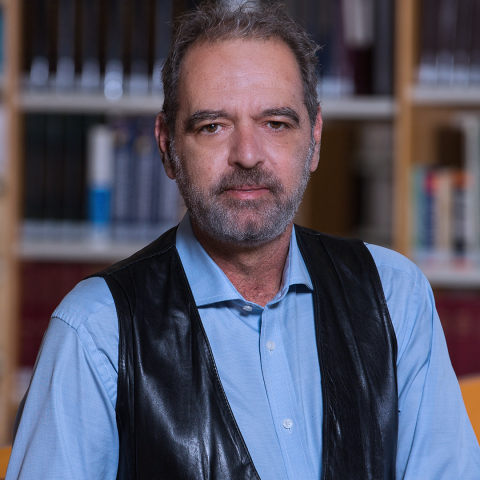
Publications
Contrary to popular belief, Lorem Ipsum is not simply random text. It has roots in a piece of classical Latin literature from 45 BC, making it over 2000 years old. Richard McClintock, a Latin professor at Hampden-Sydney College in Virginia, looked up one of the more obscure Latin words, consectetur, from a Lorem Ipsum passage, and going through the cites of the word in classical literature, discovered the undoubtable source. Lorem Ipsum comes from sections 1.10.32 and 1.10.33 of "de Finibus Bonorum et Malorum" (The Extremes of Good and Evil) by Cicero, written in 45 BC. This book is a treatise on the theory of ethics, very popular during the Renaissance. The first line of Lorem Ipsum, "Lorem ipsum dolor sit amet..", comes from a line in section 1.10.32.
The standard chunk of Lorem Ipsum used since the 1500s is reproduced below for those interested. Sections 1.10.32 and 1.10.33 from "de Finibus Bonorum et Malorum" by Cicero are also reproduced in their exact original form, accompanied by English versions from the 1914 translation by H. Rackham.
Research Programs
Agricultural Extension, Rural Systems & Rural Sociology
The Laboratory of Agricultural Extension of Rural Systems and Agricultural Sociology was founded in 2000 (Government Gazette AD / 72 / 10-3-2000) as an evolution of the Tutorial of Comparative Agriculture and Agricultural Applications, and belongs to the Department of Agricultural Economics and Rural Development.
The lab serves teaching and research needs in the scientific subjects of agricultural extension, agricultural systems, agricultural sociology, social research methods, rural environmental protection policy, and agricultural education.
Faculty






Publications
Research Programs
Agribusiness Management
The Laboratory of Agribusiness Management was established in 2000 and is part of the Department of Agricultural Economics and Rural Development at the Agricultural University of Athens. Today, the laboratory has three faculty members and two teaching and laboratory support staff as well as doctoral students.
The Laboratory’s aims at: (a) developing and extending the education of undergraduate and postgraduate students in the disciplines of the unit’s specialisation; and (b) at undertaking related research in the fields of management for agri-food enterprises and farm holdings.
Of fundamental significance is the training and preparation of management executives equipped with the necessary scientific and technical skills and with high moral values to implement necessary and good management practices in Greek agri-businesses and thus further develop their offering of products and services.
Faculty

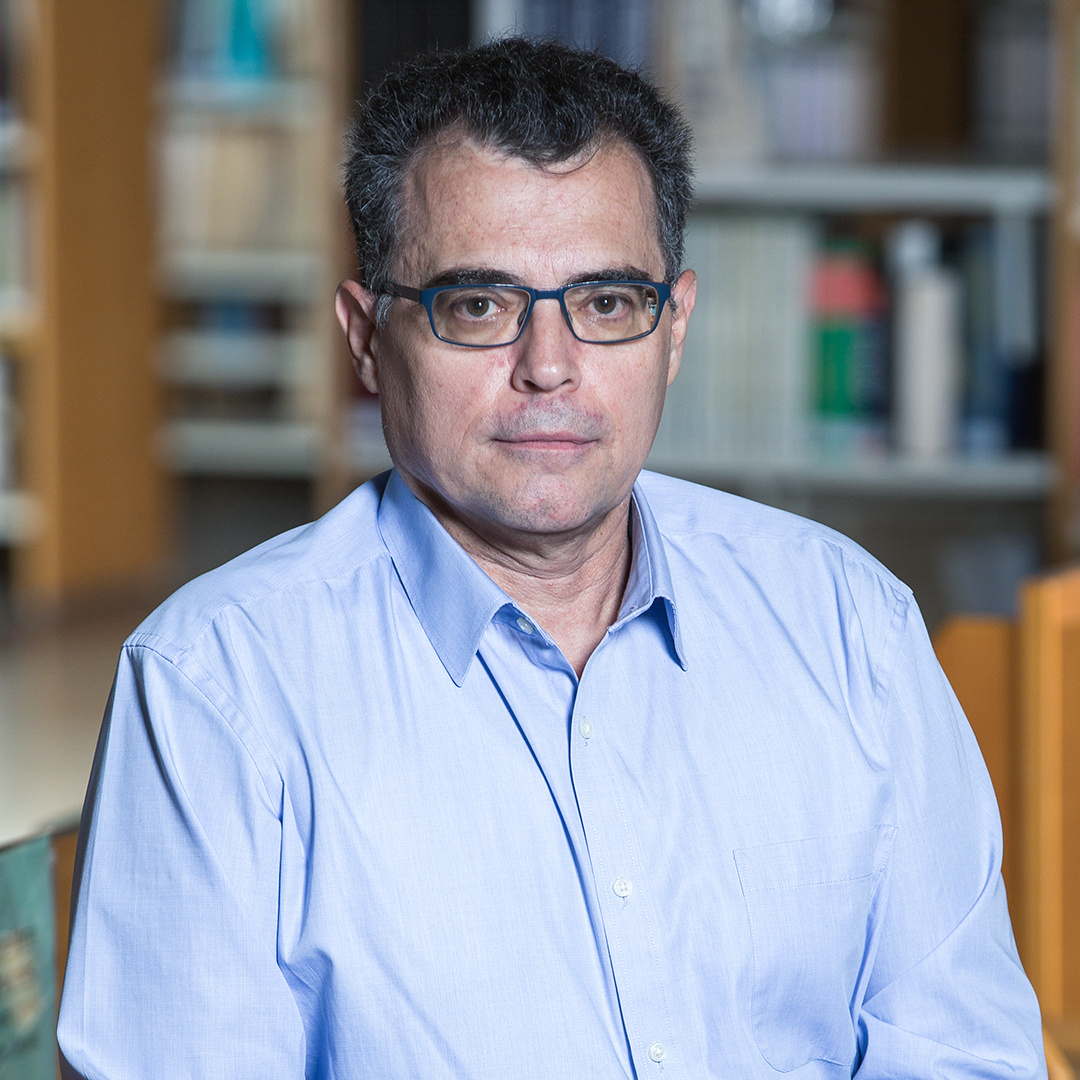


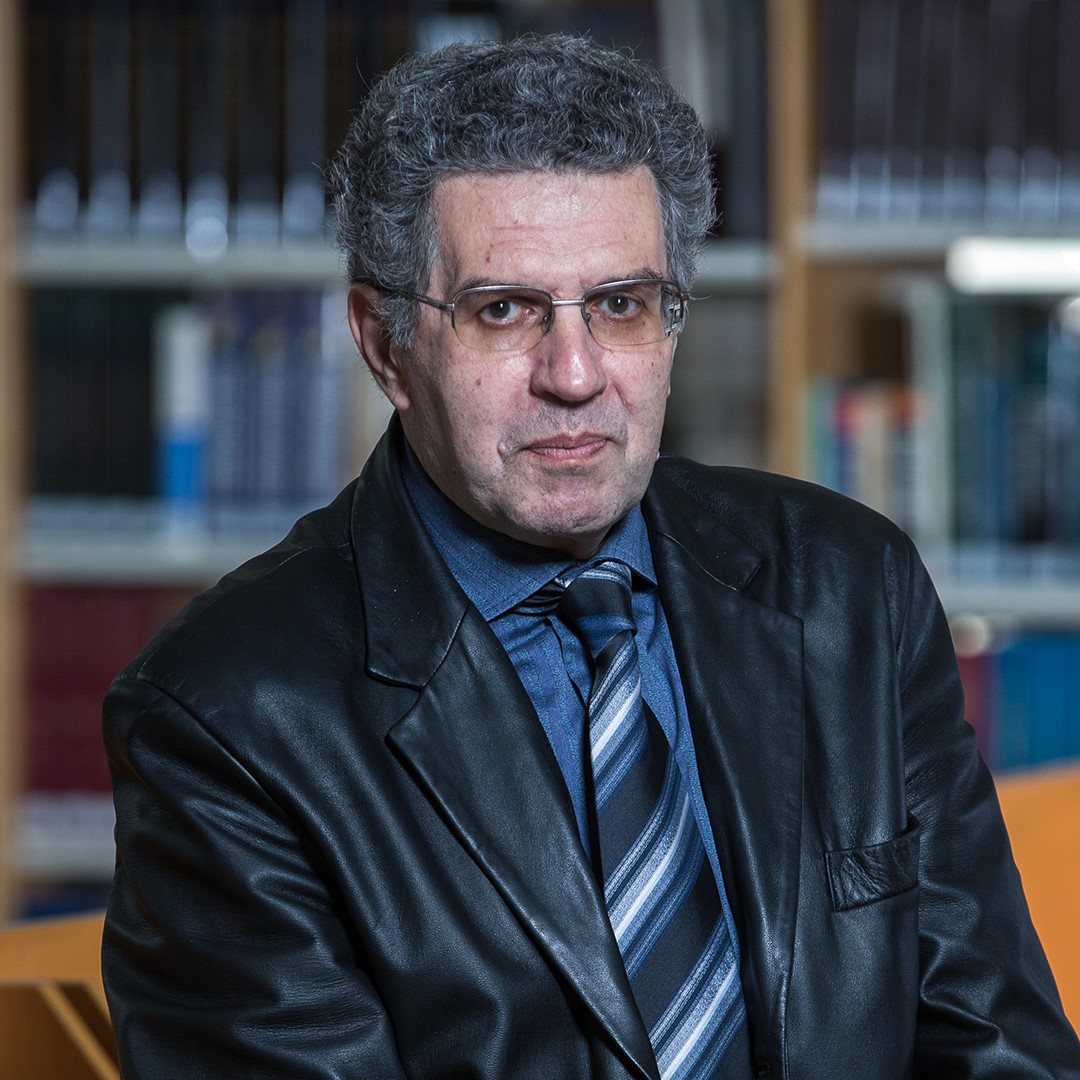
Publications
Research Programs
Informatics
The Informatics Laboratory of AUA was established in 1989, as part of the Division of Informatics, Mathematics & Statistics. It has as its mission to support the research and educational needs of all faculties of the university.
Its main activity is the education of students on topics of Information and Communication Technologies (ICT), so that the graduates of AUA can effectively use ICT in their everyday jobs. Moreover, its activities include research in topics of Agricultural Informatics and the application of ICT in Agriculture and Rural Development.
Faculty
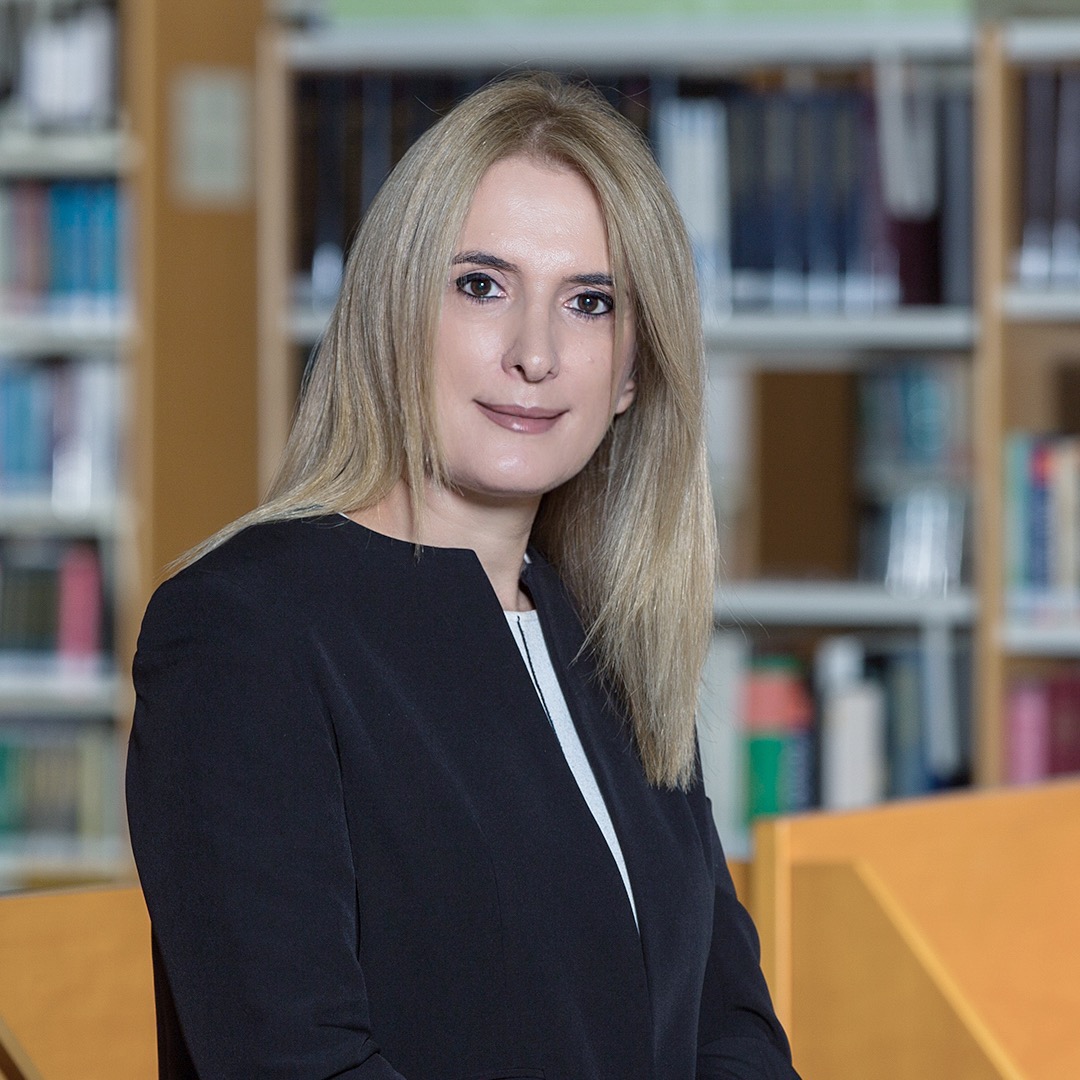



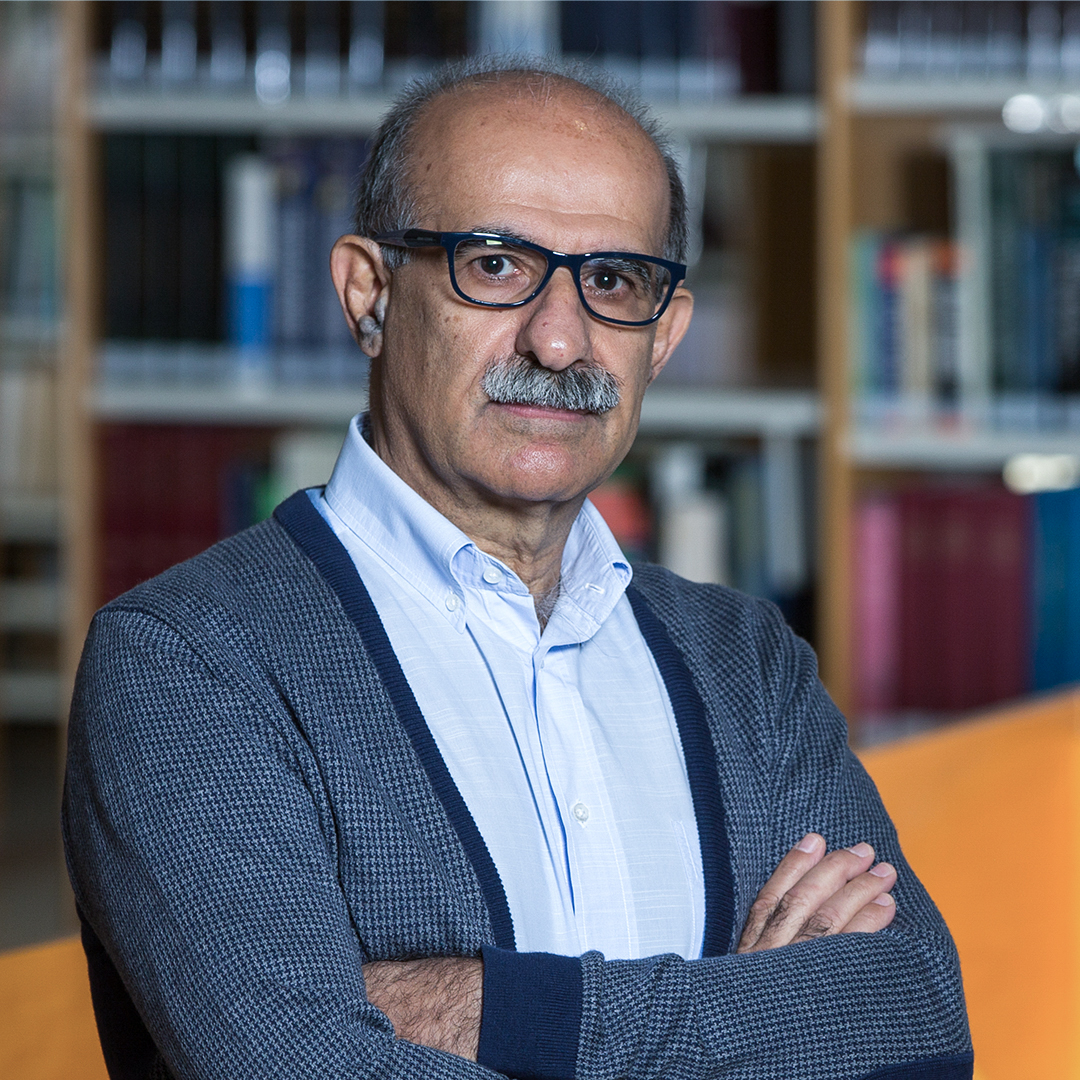

Publications
Food holds a major role in human beings’ lives and in human societies in general across the planet. The food and agriculture sector is considered to be a major employer at a worldwide level. The large number and heterogeneity of the stakeholders involved from different sectors, such as farmers, distributors, retailers, consumers, etc., renders the agricultural supply chain management as one of the most complex and challenging tasks. It is the same vast complexity of the agriproducts supply chain that limits the development of global and efficient transparency and traceability solutions. The present paper provides an overview of the application of blockchain technologies for enabling traceability in the agri-food domain. Initially, the paper presents definitions, levels of adoption, tools and advantages of traceability, accompanied with a brief overview of the functionality and advantages of blockchain technology. It then conducts an extensive literature review on the integration of blockchain into traceability systems. It proceeds with discussing relevant existing commercial applications, highlighting the relevant challenges and future prospects of the application of blockchain technologies in the agri-food supply chain.
Research Programs
Project SILVANUS
Political Economy & European Integration
The Laboratory of Political Economy & European Integration was founded in the year 2000 (Government Gazette 72 / AD / 10-3-2000) and belongs to the Department of Agricultural Economics & Development of the Agricultural University of Athens.
The purpose of the Laboratory is to offer teaching, research and consulting services with high level criteria in the subjects of political economy, European economic integration, microeconomic and macroeconomic analysis as well as topics of applied econometrics, applied economic statistics and construction of and shopping.
Mission of the Laboratory
The mission of the Laboratory of Political Economy & European Integration is primarily to cover the teaching and research needs at undergraduate and postgraduate level in the scientific topics of the laboratory.
In particular, the mission of the laboratory is:
- The coverage at undergraduate and postgraduate level of the teaching and research needs of the Department of Agricultural Economics and Development as well as the other Departments of the Agricultural University of Athens.
- The collaboration of any kind with research centers and academic institutions in Greece and abroad, as long as the scientific goals coincide, go hand in hand and complement each other with those of the Laboratory.
- The organization of scientific lectures, workshops, seminars, symposia, conferences and other scientific events, the realization of publications and publications and the invitation of Greek and foreign recognized scientists.
- The provision of services to individuals according to the provisions of Government Gazette 53 / AD / 159/1984.
Faculty

